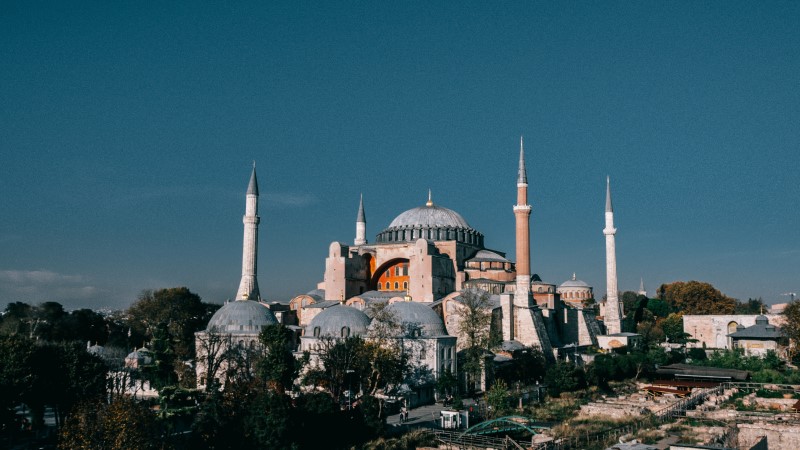Five Years after July 15: Erdogan’s New Turkey and the Myth of Its Immaculate Conception
By Gareth Jenkins
July 15, 2021
Five years after the July 15-16, 2016, failed coup attempt that enabled Turkish President Recep Tayyip Erdoğan to consolidate his authoritarian rule, many of the questions about what happened that night remain unanswered. Nevertheless, the regime’s narrative about the putsch has become the foundation myth for what Erdoğan and his supporters claim is the emergence of a “New Turkey” – the global defender of the world’s Muslims and a regional superpower, which is constantly thwarting Western plots to undermine it. But not only is this narrative deeply flawed but it is clear that the regime is hiding something. The only question is whether it is complicity, incompetence or both.

Myths and Mysteries: Six months on from Turkey’s Curious Coup
By Gareth H. Jenkins
January 26, 2017
Six months after the failed coup of July 15, 2016, many questions still remain unanswered. Disturbingly, most can no longer be asked. Amid the purges, imprisonments and oppression, Turkey has become a country that is devouring itself.
Turkey is Expecting a Restart with the U.S.
By Halil Karaveli
January 23, 2017
The Kurdish question has, once again, complicated Turkish-American relations. The rhetoric of anti-Americanism remains useful to whip up and mobilize nationalist opinion. Yet, Erdoğan’s Islamists are not any aspiring anti-imperialists. What they want – and what they expect that Turkey is now going to get – is simply a better “business deal” with the United States under Donald Trump.
Turkey’s Proposed Constitutional Changes and Erdoğan’s Forever War
By Gareth H. Jenkins
December 14, 2016
The package of proposed amendments to the Turkish constitution that were announced on December 10 foresee the gradual concentration of even more power in the hands of President Recep Tayyip Erdoğan, leading to the introduction of a full presidential system in November 2019. Yet recent events have shown that the more power Erdoğan exercises, the worse the situation in Turkey becomes.
Turkish Islamism and Nationalism Before and after the Failed Coup Attempt
By Toni Alaranta
December 1, 2016
The debate on political Islam under the incumbent Justice and Development Party (AKP) needs to fully acknowledge the crucial importance of nationalism as the enduring element of any relevant form of mass politics in Turkey. In the Turkish case, it makes no sense to speak about political Islam distinct from nationalism as an overriding ideological component of modern politics. Just as much as the AKP’s political Islam utilizes religious texts, symbols and traditions, it also utilizes the familiar discourse of nationalism. This process was underway before the failed coup, but it has become more pronounced in its wake.






